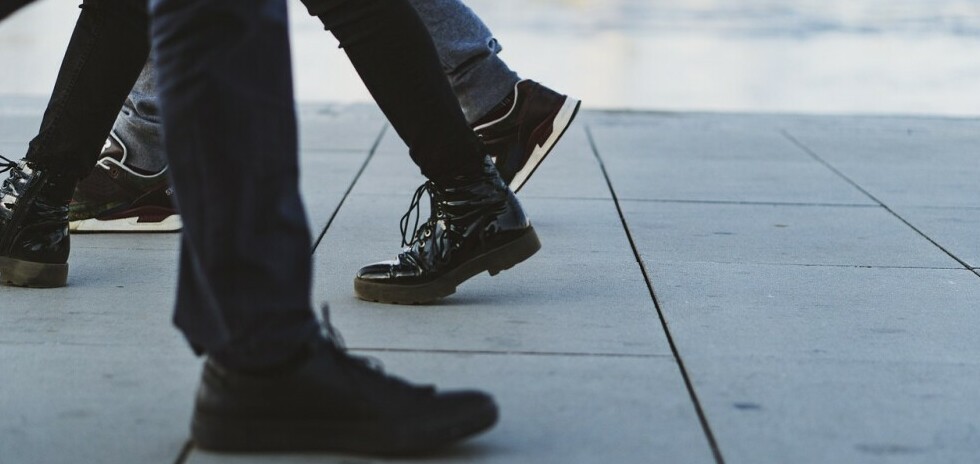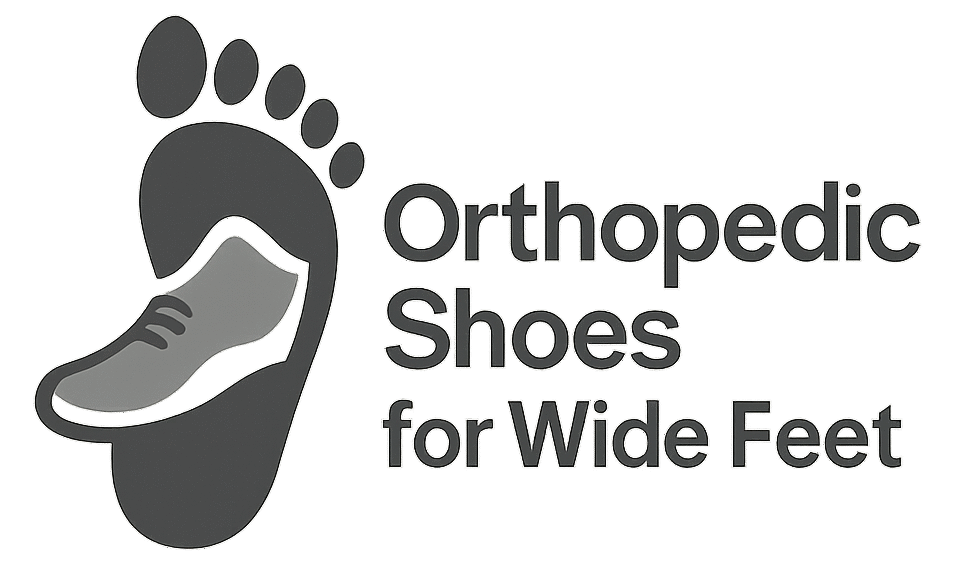 If you have wide feet, you know the struggle of finding shoes that fit comfortably without squeezing your toes or causing blisters. It’s not just about discomfort; wearing shoes that are too narrow can lead to a myriad of foot problems, including bunions, hammertoes, and even nerve damage.
If you have wide feet, you know the struggle of finding shoes that fit comfortably without squeezing your toes or causing blisters. It’s not just about discomfort; wearing shoes that are too narrow can lead to a myriad of foot problems, including bunions, hammertoes, and even nerve damage.
What’s critical here is recognizing the importance of proper footwear. Shoes that fit well can help alleviate pain, provide stability, and reduce the risk of injury. On the other hand, ill-fitting shoes can have a negative impact on not only your feet but your overall posture and joint health.
When searching for the ultimate shoe, many people with wide feet come to a crossroads: should they opt for orthopedic shoes designed specifically for foot support, or can regular shoes suffice? To make an informed choice, it’s essential to understand the nuances of both options.
So, let’s shift focus and delve into what orthopedic shoes are all about. These aren’t the bulky, unattractive options they once were. In fact, you’re going to find out just how they’ve evolved to blend functionality with style, all while keeping your wide feet in mind.
Orthopedic Shoes: Designed for Comfort and Support
When it comes to dealing with wide feet, orthopedic shoes are often the go-to solution. I’m going to explain what exactly orthopedic shoes are and why they might be the perfect fit for you. Literally. Orthopedic shoes are specially designed to provide support and alleviate pain for individuals with a variety of foot conditions, including those with wider than average feet.
Now what sets orthopedic shoes apart are their key features. These shoes often have a wider toe box, additional depth, and adjustable fit options such as laces or straps that can help accommodate the contours of your feet without sacrificing comfort. They may also boast special insoles that support the arch and distribute pressure evenly across the foot.
You’re going to find out about more than just comfort with these shoes. Wearing the right orthopedic footwear can help in preventing a slew of foot-related health issues. From reducing the risk of bunions and hammertoes to mitigating the impact of plantar fasciitis, the health benefits are well-documented. However, it’s also potentially beneficial for posture and alignment, which can influence your overall well-being. But, orthopedic shoes do have their drawbacks, like being more costly and often less stylish than regular shoes.
Before you make a decision though, it’s important to weigh these benefits against the potential limitations. Choose something that resonates with you, not just for now, but also for the long-term health of your feet. In my opinion, taking care of your feet is an investment worth making, and orthopedic shoes are a solid starting point.
Regular Shoes: Style Versus Functionality for Wide Feet

Now, let’s talk about every day, regular shoes. It’s tempting to prioritize style – after all, who doesn’t want to look their best? But for people with wide feet, picking off-the-shelf footwear isn’t just about the latest trends.
The reality is that the average shoe may not accommodate wider dimensions, potentially leading to discomfort and foot problems, such as blisters and bunions. The key is balance – finding shoes that provide both aesthetic appeal and a comfortable fit.
You’re going to find out about some of the challenges when shopping for regular shoes if you have wide feet. For instance, regular shoes often have a standard width that doesn’t cater to the broader shape of wide feet, and this might cause pressure points, restricted circulation, and even pain.
Choose something that resonates with you and your lifestyle, be it sneakers, loafers, or heels – but always keep an eye on the width. Dress shoes are often the culprits of discomfort, so look for brands that offer wider options or consider shoe stretchers for a better fit.
I’m here to help you with practical tips for selecting the best regular shoes for wide feet. Measure your feet later in the day when they’re likely to be at their largest, look for shoes with adjustable features like laces or straps, and prioritize materials that have some give, like leather or canvas.
Don’t worry too much about sticking exclusively to shoes marketed as ‘wide.’ Some regular shoe models are designed with a broader toe box, which can be a godsend. Always try before you buy, and walk around to ensure you’ve got the space you need.
Making the Right Choice: Orthopedic Shoes or Regular Shoes?
You’re going to find out that the choice between orthopedic and regular shoes isn’t just about comfort, it’s also about maintaining the health of your feet over time. When you have wide feet, the decision can be even more crucial.
I’m here to help you sift through the factors that are going to shape your decision. Think about your lifestyle and daily activities. Do you spend long hours on your feet, or do you have a job that requires a lot of walking? Maybe you’re an athlete who needs more support. If so, orthopedic shoes may provide the support and space your feet need.
On the other hand, if you’re after the latest trends or need a pair of shoes for an occasional event, you might lean towards regular shoes. Choose something that resonates with you and matches your style. Don’t worry too much about the orthopedic label if comfort isn’t a major issue for you.
In my opinion, the best approach is a balanced one. You can always have a pair of orthopedic shoes for those long workdays or rigorous activities and reserve regular shoes for less demanding occasions. Your first attempt doesn’t need to be your last—you can adjust your approach down the road.
Remember, this isn’t about choosing the ‘better’ shoe. It’s about selecting the best fit for your feet and your lifestyle. Take the time to try on different styles and brands. Pay attention to how your feet feel at the end of the day. That’s the strategy I like to leverage, and it really helps in making an informed decision.
I really hope that you find the perfect balance between comfort, function, and style. Keep in mind that taking care of your feet today will benefit you greatly in the future. Thanks for sticking with me on this topic. Choose wisely, and walk comfortably!
